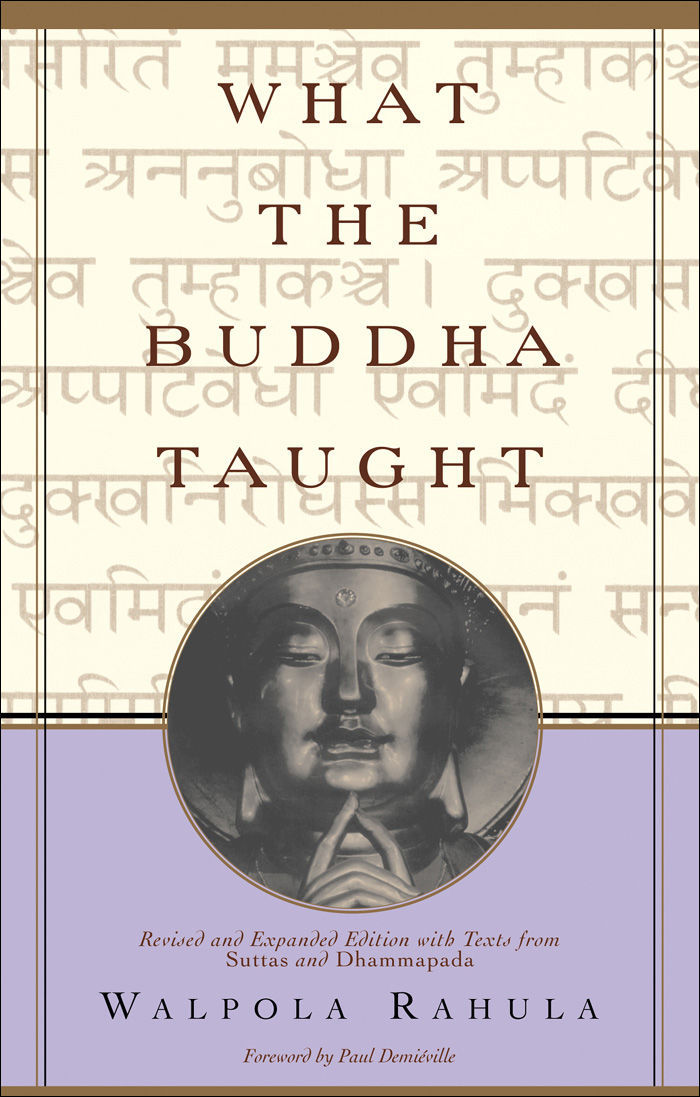What the Buddha Taught by Walpola Rahula
- Elaine

- Jun 15, 2019
- 2 min read

★ ★ ★ ★ ☆
He has no fears or anxieties. He is always calm and serene, and cannot be upset or dismayed by changes of calamities, because he sees things as they are.
I was just looking through the internet for recommendations of books on Buddhism, and came upon this. They said that this book is suitable for beginners of this philosophy, and I couldn't agree more. After having attempted to read other Buddhism books and not completing them, my being able to finish this speaks volumes. It is easy to get into, written in a narrative format, and the multiple discoveries kept my interest up. I've got to admit, though, that I did get a little annoyed at instances where the actual text is quoted. They are repetitive in explaining the matter of concern — but quotes that are included makes the experience even more real even if they can be a little vexing to read; people in the past spoke differently from how we do so today. The realisation of it made me appreciate the way this book is written even more.
I have this urge to explore other books on meditation/Buddhism, but hoped to read something that is true to the religion first and foremost. I haven't wanted to let myself get confused by words written by non-experts, you see, and I think this book did it nicely enough for me. Through this, I have learnt who Buddha was and how he came to be. This book also takes readers through the Four-Noble Truths on suffering, the Doctrine of No-Soul and meditation. Several selected texts have also been translated and included at the end, and I felt that concluded the book wonderfully.
By oneself indeed is evil done and by oneself is one defiled. By oneself is evil left undone and by oneself indeed is one purified. Purity and impurity depend on oneself. No one can purify another.




Comments